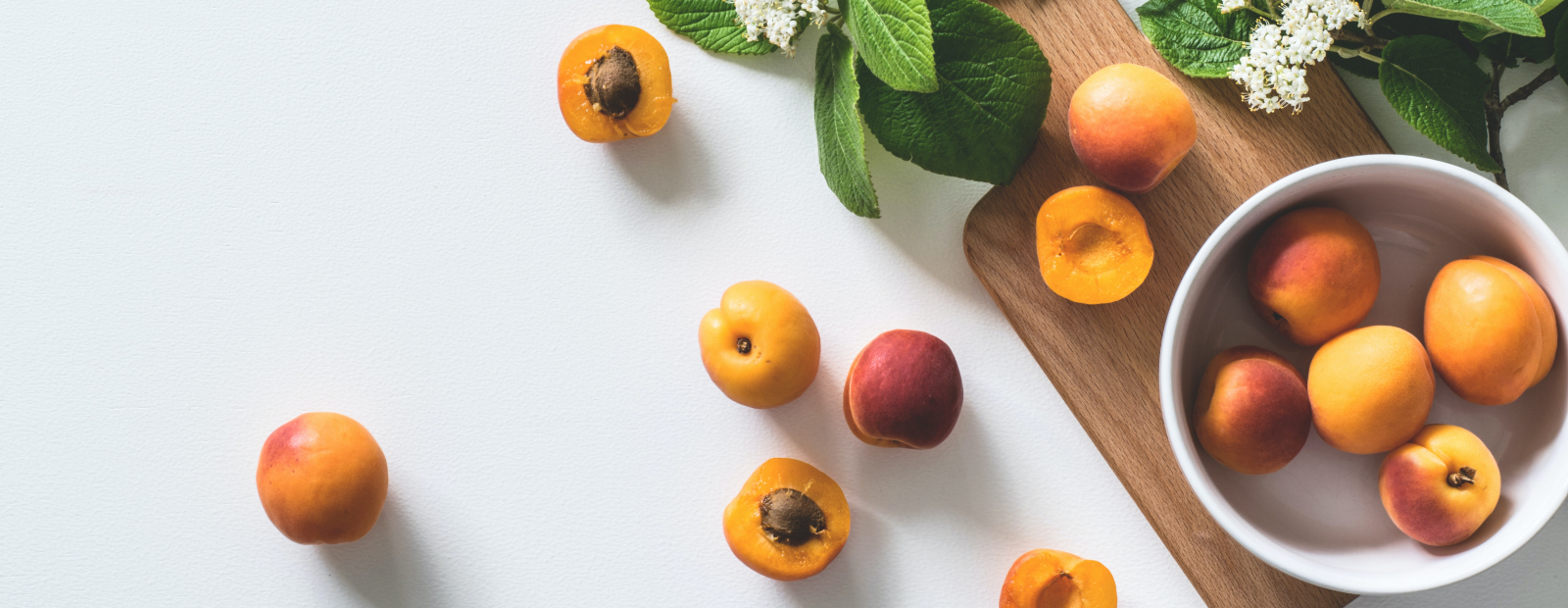To make excellent brandy from apricots, these fruits must be fully ripe before harvesting.
The most famous apricots of the Wahava Valley
One of the best conditions for growing such apricots is in Austria, in the Wachau Valley on the banks of the Danube River. There is a dry climate and a stark contrast between day and night – generous sunshine during the days and cool nights. This is especially felt during the time it takes for apricots to ripen until the beginning of August: varieties that ripen at this time are grown in Austria.
In 1996, Wahav apricots (Wachau apricots) became a protected name of the European Union.
Now that the Christmas season is upon us, the Christmas market in the ancient town of Krems in the valley Christmas shop next to fried chestnuts, fried pancakes, you can taste the traditional Krems apricot punch, made from local apricot liqueur (Marillen liqueur).
Approximately 100,000 apricot trees grow in the Wahava region. Mostly they are low trunks Klosterneudorfer Marille variety trees. When planting, a large distance is left between the trees so that they have room to expand, because apricot fruits need plenty of light, air and solar heat.
More and more often distillers choose apricots ripened in the sun, not in the shade, because only they develop a sufficiently expressive apricot aroma.
Harvesting apricots just when the fruit is rich in aroma requires great skill, because apricots, especially the varieties that grow in Wahava, unlike top fruit and quinces, do not continue to ripen after harvest. But when picked and placed in the mash at just the right time, these yellow-orange or reddish fruits with velvety skins have perfectly balanced sugar-acid ratios and great potential for the perfect distillate. Of course, Wahava’s special climate is also to be thanked for. This gives the brandy sweet and saturated aromas of ripe fruit and almonds (the condition here is that during the preparation of the mash not too many stones were cracked). About seven liters of distillate are obtained from 100 liters of apricot must.
Apricot distillates elsewhere in Europe
Apricots are also distilled in other regions of Central and Eastern Europe, for example from Switzerland apricotending in Hungarian Fishing Palinka and its variations in the Balkans.
The quality apricot brandy is characterized by sweetness and warmth, as well as a persistent and fruity aftertaste. Sometimes aromas of anise, chocolate, jasmine are also felt.
Even a good apricot brandy can have a slight hint of mint in the taste and a hint of menthol in the aftertaste.
There are distillates that mature after distillation, for example in glass bottles, so the aromas are better concentrated.
Hungarian Fishing Palinka
Apricot brandy is also popular east of Lake Balaton, which roughly forms the border between Austria and Hungary, as well as in many regions of the Balkans. Apricot trees spread to Hungary already during the Ottoman Empire in the mid-16th century. They subsequently disappeared, but were cultivated again in the early 19th century. Even today the region around the town of Kečkemet is famous for both excellent apricots and quality apricot brandy Fishing Palinka.
This fine brandy is often bottled at 50 vol. %, with the indication on the label that it is a state-certified product. In the case of apricot, a higher percentage of alcohol is also considered a higher quality. Especially strong Brandy In Hungary it is called “pen eater” – this name is associated with the effect that a few drunken glasses have on a person’s sense of balance.
As in many places in the Balkans, apricot brandy is also made at home. In Hungary, private individuals may transfer a certain amount of home-made mash to a distiller to obtain a distillate of the desired strength. Only professionals will skillfully separate the first and last streams, which contain poisonous methanol and other substances harmful to health.


